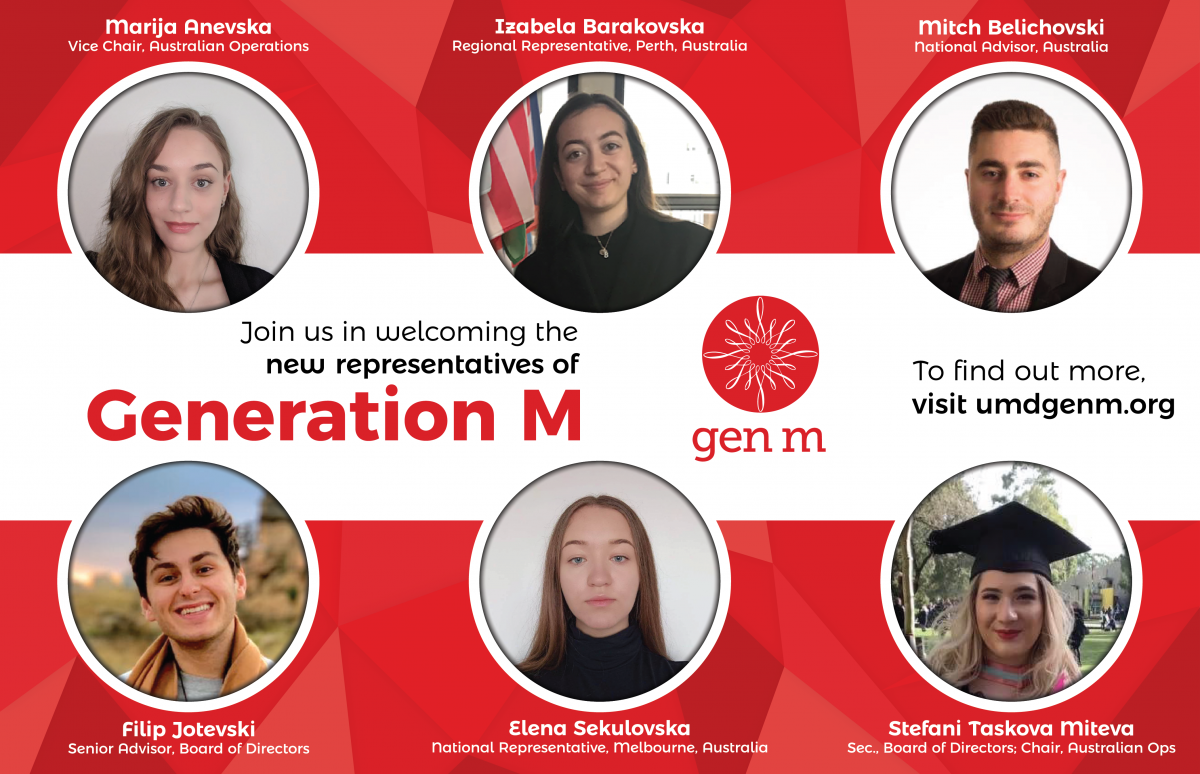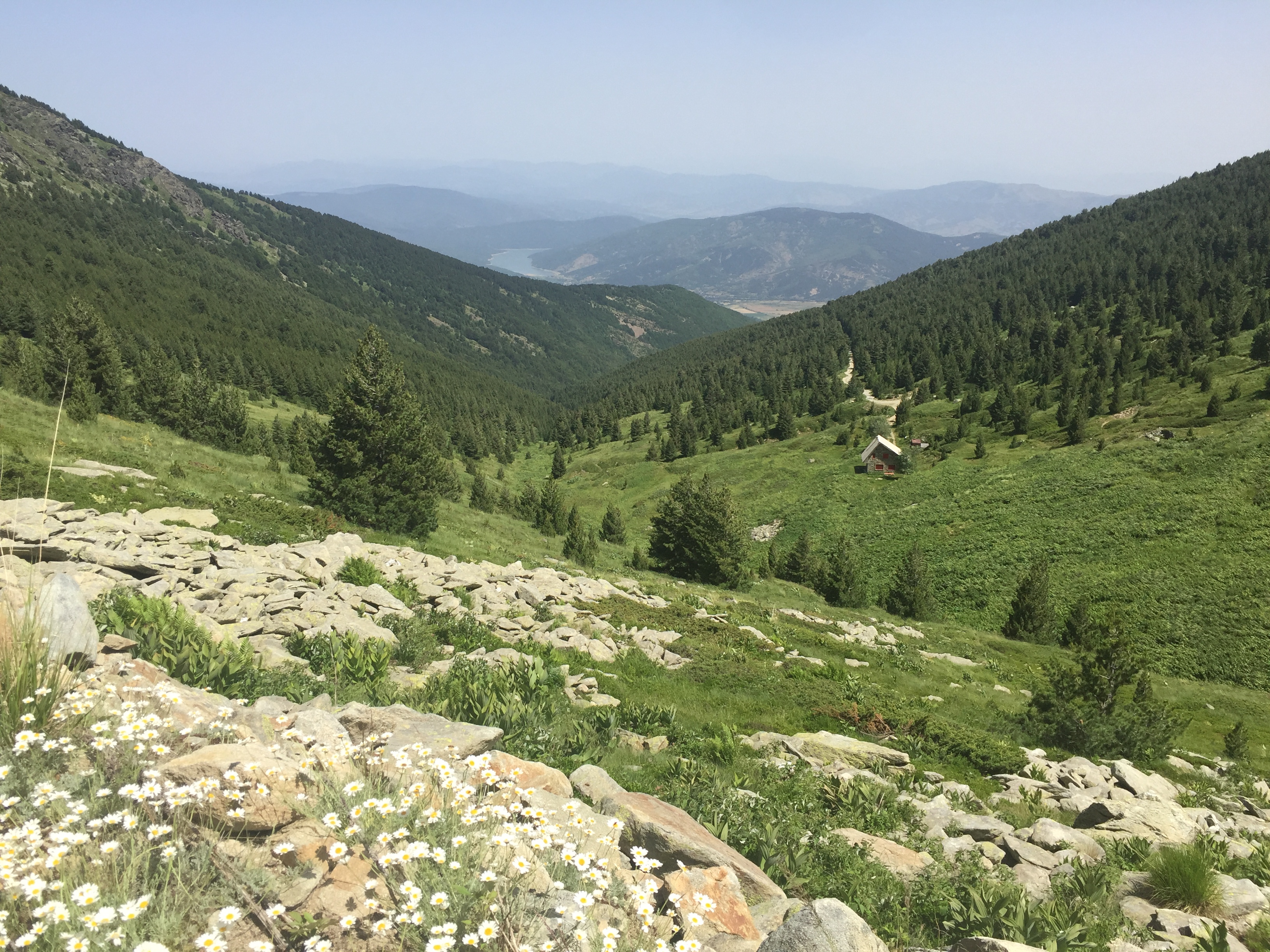Generation M, the United Macedonian Diaspora’s (UMD) young leaders program is proud to announce the newest additions to their global leadership team. The newly appointed Representatives and Senior Advisor along with Generation M’s current Board of Directors actively promote the education, empowerment, and unification of Macedonian youth around the world.
The Generation M team has sought inspiration in these uncertain and changing times by strengthening their digital footprint and relations. Recently, Generation M has brought young Macedonians together through social networking events such as online Zoom sessions focusing on personal finance, Macedonian culture, and history, as well as a Macedonian Virtual Trivia night. Generation M has also launched their first-ever mentorship program where they will match young professionals with experienced Macedonians in their field.
Through this expansion and the ongoing commitment of UMD Generation M members, Macedonians around the world will find a community that perseveres during an unprecedented period such as this. One that persists together.
We encourage all young Macedonians to join the ranks of Generation M to continue the advancement of our culture and identity. Email us at generationm@umdiaspora.org to get involved!
To learn more about Generation M you may check out our website by visiting www.generationm.org.
Presenting the newest additions to our team:
UMD’s Generation M has appointed its first-ever representative in Solun, modern-day Greece. For their safety, their identity will be kept anonymous. The Generation M team is overjoyed to have this individual on board and looks forward to continuing to preserve our heritage in such an important and sensitive geographical location for all Macedonians.
Marija Anevska
Vice Chair, Australian Operations

Marija Anevska was born in Melbourne with roots from Bitola, Ohrid, and Mala Prespa. She graduated in 2016 with a B.A from The University of Melbourne, double majoring in Politics & International Studies and Psychology. She is currently in her final year of the Melbourne Juris Doctor.
As a proud, first-generation Macedonian-Australian, she is excited to see Gen M grow in Australia, continuing to spread our Macedonian cause and culture.
Izabela Barakovska
Regional Representative, Perth, Australia
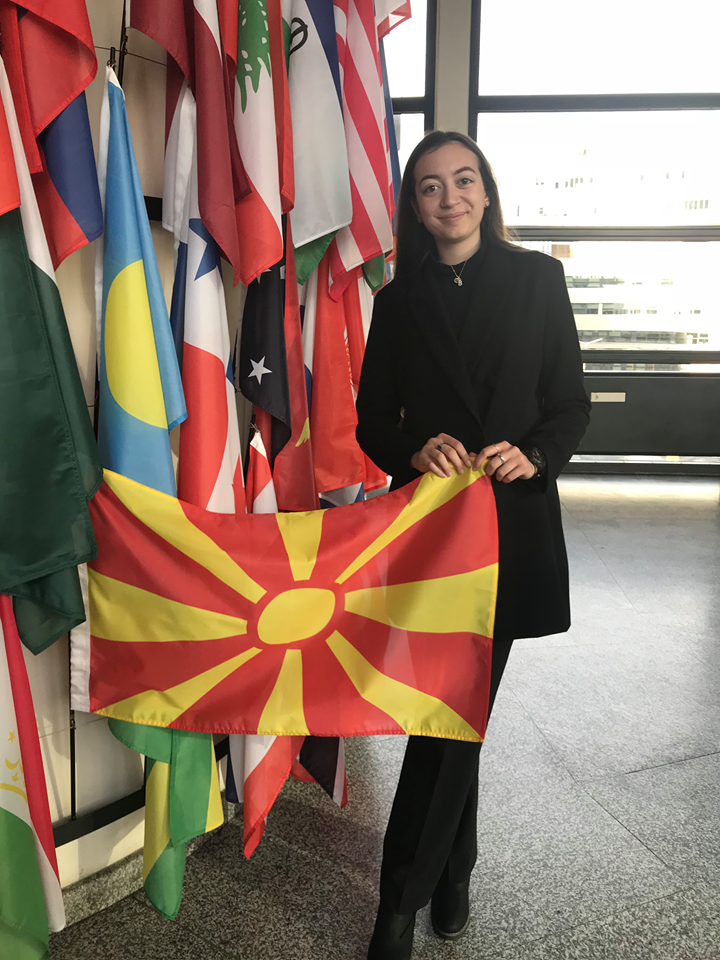
Izabela is a first-generation Australian-Macedonian, born in Perth with a heritage from Prilep and Berovo. She has proudly grown up with one foot in each culture and appreciates the perspective and passion it has given her for multiculturalism and international relations, and the interconnected nature of people, languages, culture, history, art, architecture and politics.
Finishing her secondary education by attending the 2019 United Nations Youth Australia Young Diplomat’s European Tour opened her eyes to various international organisations and issues – the very same which she aims to spend her professional life working in and with. She is currently undertaking her B.A. from The University of Western Australia, majoring in Political Science & International Relations and Management.
Izabela’s Generation M experience began in 2019 as the Perth Regional Representative. Her current aim is to further establish the Western Australian division of Gen M.
She loves asking questions and strongly backs their capacity for disillusionment, education, character building, and life-changing conversations. Her experience in public relations, marketing, and journalism over the last half-decade, seamlessly complements her ambitions to improve awareness, opportunities, communication, and engagement (regarding politics, multiculturalism, education, and leadership alike) in local and international communities.
Mitch Belichovski
National Advisor, Australia
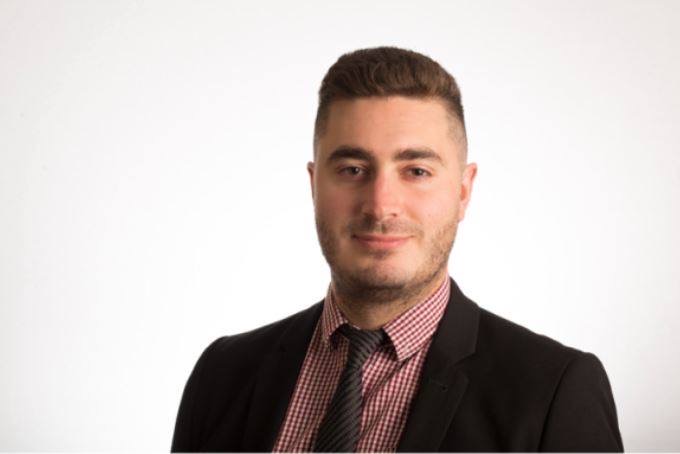
Mitch Belichovski joined UMD in 2019. Born and bred in Australia with roots in “Lerinsko”, Aegean Macedonia. He recently achieved his Master of Finance from RMIT in Melbourne and works as a financial adviser at Australia’s largest stockbroking firm.
Having worked previously at a Macedonian Human Rights organisation he brings experience and a passionate mindset. He hopes to help protect Macedonia’s sovereignty and work towards the recognition of Macedonian minorities in Greece and Bulgaria. In his spare time, Mitch enjoys networking, traveling, and spending time with loved ones.
Filip Jotevski
Senior Advisor
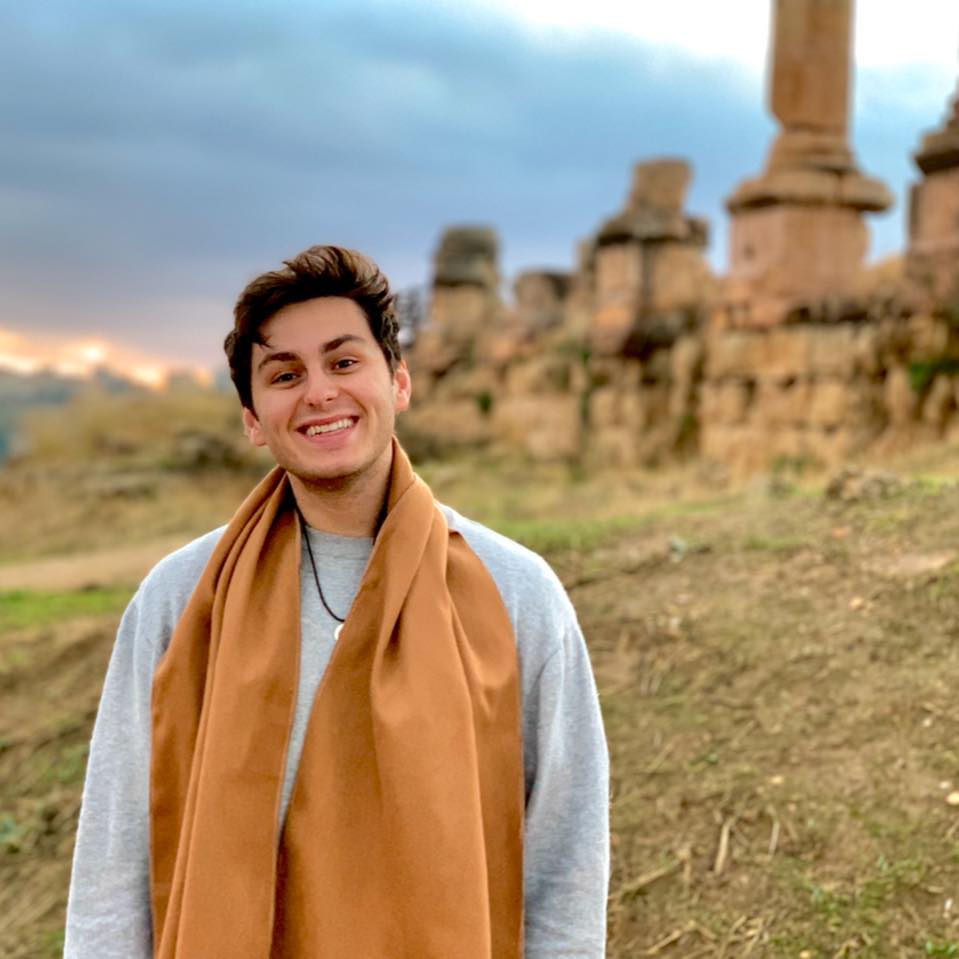
Filip Jotevski is a proud, first-generation Macedonian-American born in Columbus, Ohio with roots from Bitola, Macedonia. Filip lives in Washington, D.C. where he is an Associate Director at the Democratic National Committee.
He first got his start with Generation M as an International Policy and Diplomacy Fellow for the United Macedonian Diaspora where he helped kick-start the Macedonian youth movement as its first Global Chair in 2015. Following the successes of launching in Canada and the United States, he was then an inaugural participant of Birthright Macedonia where he worked in the Cabinet of Jerry Naumoff, Minister for Foreign Investments, in Skopje.
Filip aims to use his experience in politics and government to advance the Macedonian cause and inspire young Macedonians around the world to do the same.
He enjoys traveling, playing rugby, and re-watching the Alexander movie on a monthly basis.
Elena Sekulovska
Regional Representative, Melbourne, Australia

Born in Bitola, Elena Sekulovska moved to Melbourne at the age of 10. She is currently in her second year of Bachelor of Arts, she is double majoring in History and Politics & International Studies at the University of Melbourne. After she completes her degree, Elena aims to earn a Masters degree in International Relations and hopes to pursue a career in either diplomacy, public service, or academia.
Elena has a range of interests which include history, international relations, politics, geography, and learning new languages. She is the current Vice President of the Melbourne University Macedonian Students Society.
‘I joined Generation M because I believe that Macedonians as a whole cannot advance Macedonian interests without youth engagement, as the future continues from them. Young Macedonians from the diaspora must engage in diplomacy, business, networking and social events which help them solidify their heritage in order to advance Macedonian interests – Generation M is the perfect platform for this.’
Stefani Taskova Miteva
Secretary, Board of Directors; Chair, Australian Operations
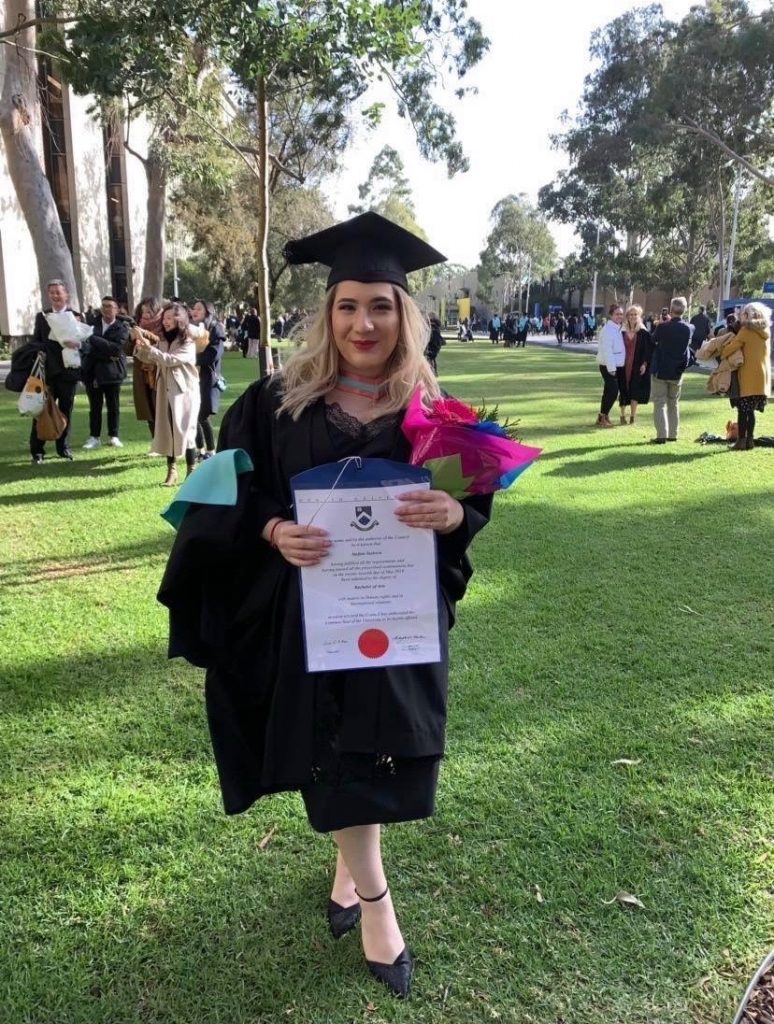
Stefani Taskova Miteva is a second-generation Australian-Macedonian born in Melbourne with roots from Veles and Aegean Macedonia. She graduated from Monash University in 2019 with a B.A majoring in International Relations (IR) and Human Rights and is currently pursuing her Masters in IR. Macedonia has always been a big passion of Stefani’s, who has always wanted to live a part of her life there. After completing Birthright Macedonia in 2019, this became a reality.
She hopes to continue empowering young Macedonians around the world, so that we may all leave a better impact.
‘UMD and Birthright Macedonia have opened doors for me, and my love for Macedonia continues to grow.’
—
The views of the author may not necessarily reflect the views of the United Macedonian Diaspora and Generation M.

